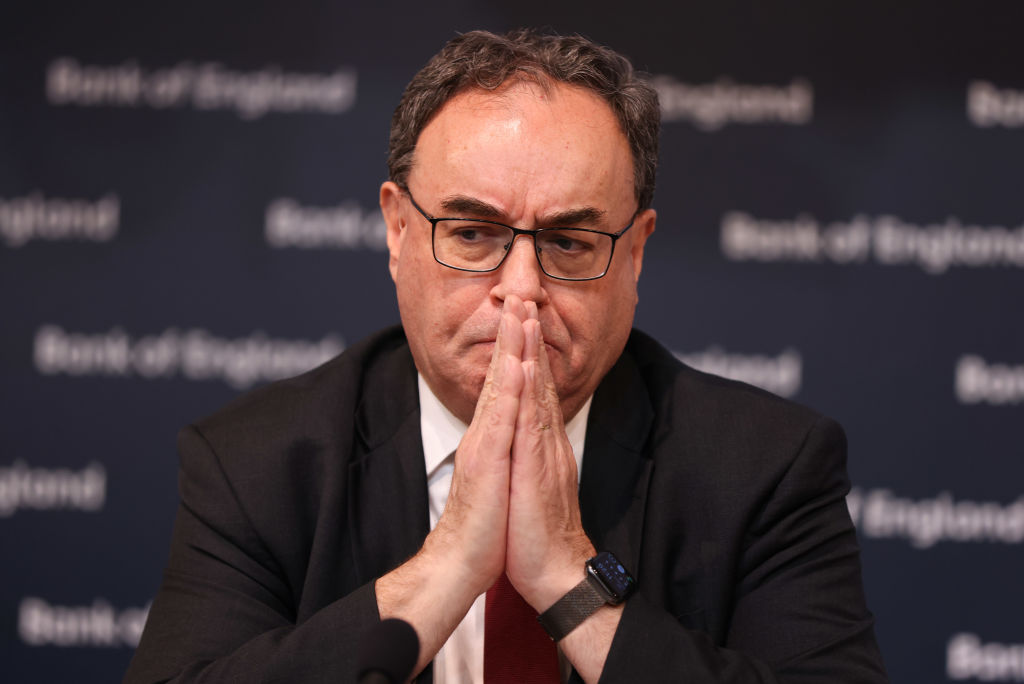Oil prices are rising again. European Brent prices have risen from their recent low of $74 per barrel in mid-December to $86 per barrel last week, an increase of just over 16% following a sustained decline. When, in late September, Brent hit $97, most analysts assumed that the price would continue to increase as Opec+ committed to ever-increasing price cuts.
The decline in prices between September and December was therefore very strange. Most economists and market analysts assume that Opec+ effectively set the price in the market outside of recessions, and seemingly wanted to push the price above $100. Even after Hamas’s attack on Israel in October raised the prospect of geopolitical turmoil in the region, the price of oil fell further.
Some of us highlighted the enormous number of short-sellers entering the market, together with the proliferation of trading algorithms that knowledgeable short-sellers of sufficient size could trigger. The danger of these sorts of pressures was that the market could overestimate the amount of physical oil available and overconsume.
Now we are starting to see the impact of mispricing and overconsumption. Market reports are saying that even though non-Opec countries have tried to ramp up production to offset the Opec+ cuts, they have not managed to plug the gap and supply shortfalls are now starting to appear. When Opec+ announced the cuts in the closing months of last year, oil bears dismissed them. Those bears are now being proved wrong, as the reality of supply and demand becomes too obvious to ignore.
This is leading to delayed concerns about the present geopolitical situation. Earlier this year, the United States initiated backdoor meetings in Oman with Houthi rebels over their Red Sea blockade. At the end of last week it was reported that the White House had told the Ukrainians to stop hitting Russian oil production facilities out of fear that it might raise energy prices in the run-up to the presidential election.
This all feels like it is too little too late. If the Biden administration were seriously concerned about its own electoral future, it would have ignored the short-sellers and the oil bears and focused on the fundamentals. This would have allowed it to take an “all-hands-on-deck” approach to cooling the geopolitical tensions currently putting pressure on oil supplies. Instead, the White House listened to the siren song of the short-sellers because it was easier — and now the oil price is rising as the country gets ready to go to the polls.
The same can be said of central bankers. It should have been obvious that the Red Sea blockade would eventually start to feed into inflation. But central bankers wanted to believe that inflation was falling so that they could claim victory, and as a result they too dialled into the short-seller messaging. In January, Bank of England Governor Andrew Bailey stated that although the Bank was monitoring the situation in the Red Sea for inflationary pressures, because they were not then seeing a rise in oil prices they were not willing to factor the crisis into their forecasts.
This raises the question of what economic forecasters, whether working for the Biden team or the Bank of England, actually do. They appear to think that it is only permissible to factor global shocks into inflation forecasts when the effect can already be seen in the price. But this is not forecasting in any meaningful sense: it is like a weatherman approaching you as you get drenched at a bus stop and telling you that it is currently raining.
After four years of global disruptions leading to rising prices, it is time that forecasters take these global events seriously and integrate them into their thinking. No weatherman should get paid to tell you that it is currently raining, and economists should be no different.











Join the discussion
Join like minded readers that support our journalism by becoming a paid subscriber
To join the discussion in the comments, become a paid subscriber.
Join like minded readers that support our journalism, read unlimited articles and enjoy other subscriber-only benefits.
Subscribe